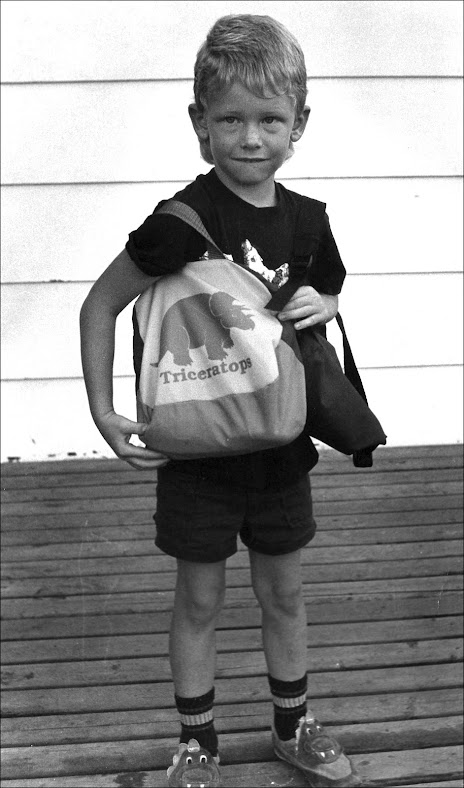David
Heiller
 |
| That weekend, I am sure Noah would have rather been fishing. |
Are you all packed up?” I asked my son on Sunday morning. “Yeah, I guess,” he said with his customary enthusiasm.
“Did you
make a list?”
“No, I don’t need a list,” he said
with disdain. I’m a list person when it comes to packing for a big outing like
a canoe trip. And this was a big outing, even bigger than that. He was moving
to a dormitory and going away to college.
I could tell he was nervous about it,
the way he snapped at me, so I let it go, and a few others like it. Pick your
battles, I say.
I probably did the same thing to Mom and my sister when I
went off to college in 1971. I can still remember that car ride to the
University of Minnesota, my sister chattering to keep me from getting too
scared. Like I was chattering with my son on Sunday.
It didn’t help much. I still had to go into the dorm, sign
at the desk, get a key, go up to the seventh floor, and meet two strangers, my roommates.
It wasn’t easy, but I knew I had to do it. Like taking a slug of awful-tasting
medicine.
 |
| Noah and his easy smile. |
We found the dorm on Sunday, after a few detours and dead-ends. The key into the room didn’t work, so a girl had to come down from another dorm and give us a new one.
“This is a really nice room,” Cindy
said as she bustled around. I was about to say that it felt like a prison cell,
but she was quick to add, “Isn’t it, David?” and I had to agree. Yes, it is a
great room.
My son and I made the top bunk, where he would sleep.
Cindy and I helped him put a few things away. “I can do that,” he kept saying.
So most of his belongings stayed in their crates and boxes. His sense of order
is different than ours, to put it politely. It was stupid to think that this
would suddenly change because he was in a dormitory. Sudden changes aren’t part
of the natural order.
So we
said our good-byes, me with a hand-shake, Cindy with a hug. Then it was down to
the car, just the two of us. The car was empty, and so were we. That’s
something we’ll have to get used to.
 |
| First day of kindergarten. |
Mom must have felt the same way those three decades ago. Something had come to an end. I was scared for my son. Worried about how he would do, if he would make it. But sure that he had to try it, had to get away from home.
We leave home in many different fits and starts. Some people
seem to be able to do it with barely a glance back. Some barely leave at all.
Some people are just plain independent. Others are just the opposite.
Leaving home is a big part of the journey in finding out
who you are. It can lead to all kinds of adventures, from foreign countries to
a home in rural Minnesota. From a scared college kid, to a worried parent. All
these things keep changing.
I’d like to say that it is easy, that you can do it
without butterflies in your stomach and clashes with your roommates. But it
doesn’t work that way for too many people.
I put some of this into words to my son, but it came off
as mostly boring advice from the land of bland. Like most of life, he’ll have
to figure it out for himself. If we have done our job, he probably will,
although it may take a while. I’m still working on it after 31 years.











